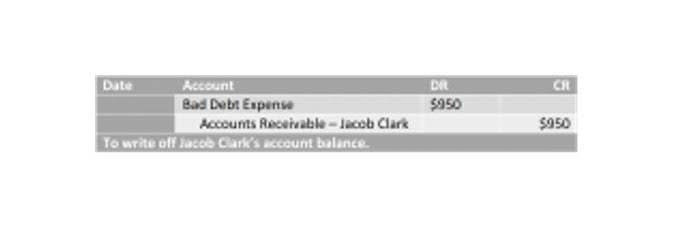
Their expertise also covers tax planning as they navigate the complexities of tax regulations, ensuring compliance while optimizing efficiency. As conduits of financial information, these adept professionals serve as a bridge between raw data and informed decisions. First of all, bookkeeping doesn’t require obtaining a college diploma, unlike accounting. To become a bookkeeper, a high school diploma or equivalent and some basic bookkeeping knowledge are enough.
With the advent of sophisticated accounting software and cloud-based platforms, full charge bookkeepers have access to powerful tools that streamline their work processes and enhance efficiency. Running a business involves juggling various responsibilities, and bookkeeping can be time-consuming and complex. By hiring a full charge bookkeeper, you can free up valuable time and resources to focus on your core business functions. Instead of spending hours on bookkeeping tasks, you can dedicate your energy to growing your business, serving your customers, and developing new strategies.
Responsibilities for Full Charge Bookkeeper
They manage an organization’s bookkeeping needs, from recording financial transactions, processing invoices and payroll, reconciling bank statements, and preparing financial statements. They handle the daily financial activities, ensuring all transactions are accurately recorded on time. When it comes to choosing your average bookkeeper versus a full charge bookkeeper, it primarily depends on the scope of the tasks you as a business owner wish them to perform. While regular bookkeepers record financial transactions, create reports, process payroll, and manage customer payments and invoices, a full charge bookkeeper’s tasks extend beyond this. They take on the additional role of accountant and usually have broader managerial responsibilities. In summary, full-charge bookkeeping encompasses a wide array of responsibilities that impact not only financial record-keeping but also the overall success of a company.
Knowing the regulation standards means full charge bookkeepers can help the business stay in compliance. Full-charge bookkeepers’ educational background and training requirements can vary depending on the business and the organization’s specific needs. While a formal degree in accounting or finance can be positive, becoming a full-charge bookkeeper isn’t always a strict requirement. Full-charge bookkeepers gather their skills through a combination of education, on-the-job training, and professional certifications. This bookkeeper provides many services because they handle the complete cycle of accounting duties and supervise clerks, so it can be very convenient to have one on your team. Although it all depends on your business’s current needs and size, here are some of the main benefits of full-charge bookkeeping that you should keep in mind.
Level of Autonomy
However, knowing that there are various types of bookkeeping methods and lots of math and calculation involved, a bookkeeper should have math, data entry, and computer skills. If you’re just starting out with your small business, you’ll probably be satisfied with the services of a regular bookkeeper. They’ll be in charge of getting your finances organized, keeping track of sales, income and expenses, and executing payrolls. Figuring out the basics of bookkeeping and finding a reliable bookkeeper is the nightmare of every small business owner just starting. However, as the business grows, so do the bookkeeping needs, which is why you should consider stepping up your bookkeeping game. Today we will explain what is full-charge bookkeeping and how you can benefit from it.

Smaller businesses with relatively straightforward financial transactions might find a full charge bookkeeper sufficient to manage their financial records. At the same time, larger businesses, or those with more complex financial needs, might require the advanced expertise of an accountant. While full charge bookkeepers maintain accurate records and help keep the financial wheels turning, accountants often use the data bookkeepers provide to guide strategic financial decisions.
